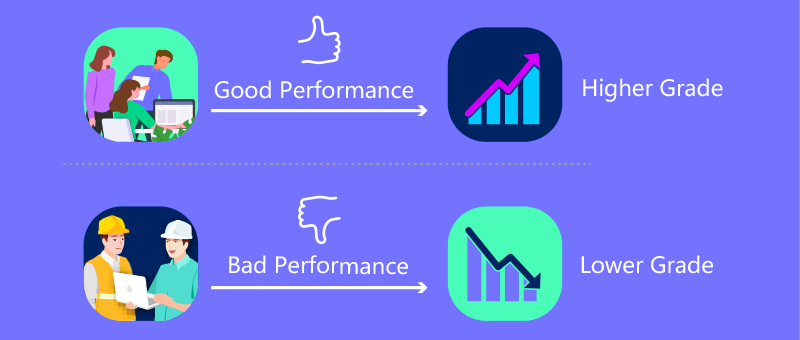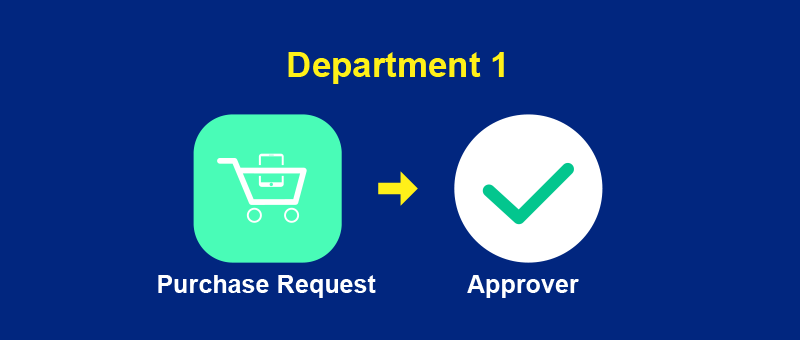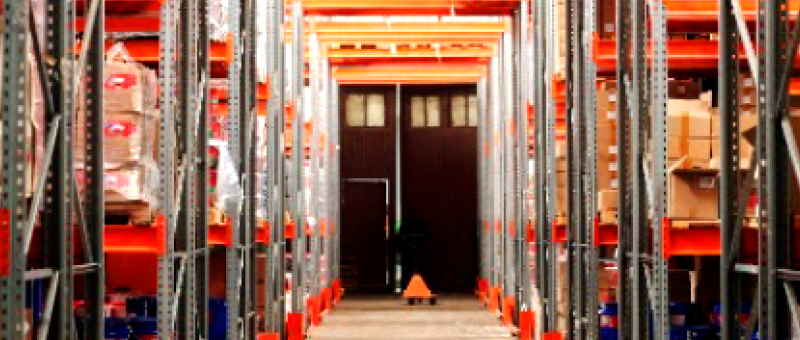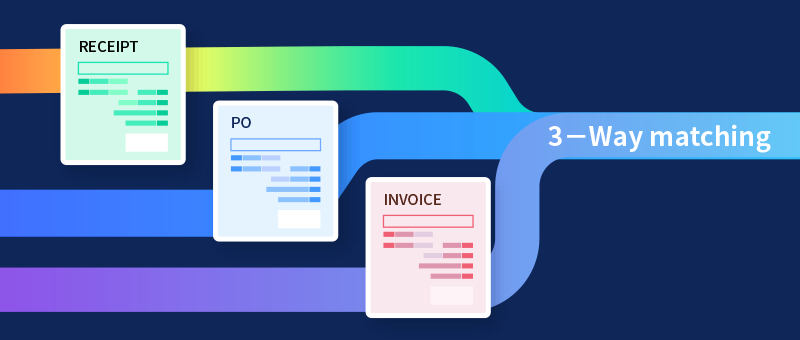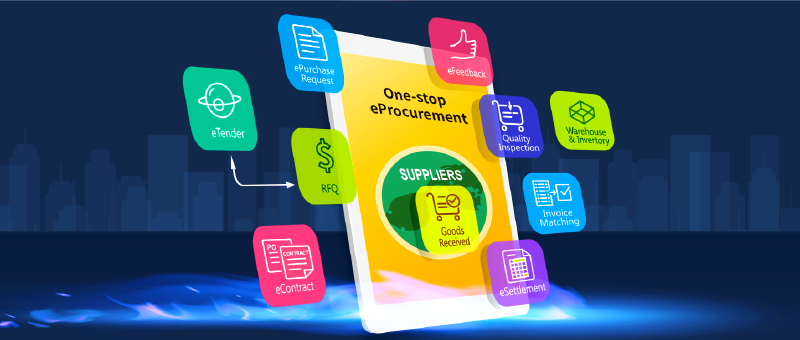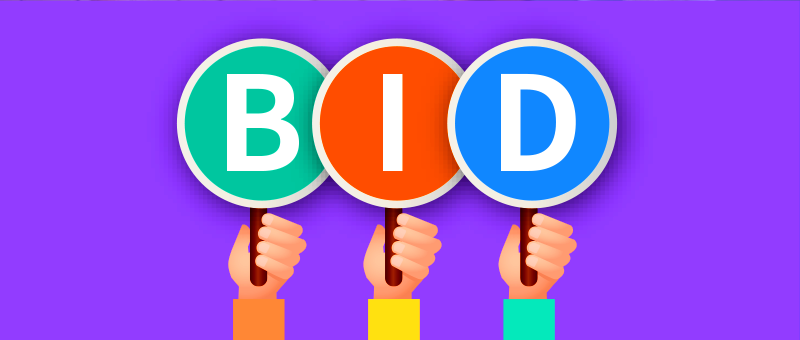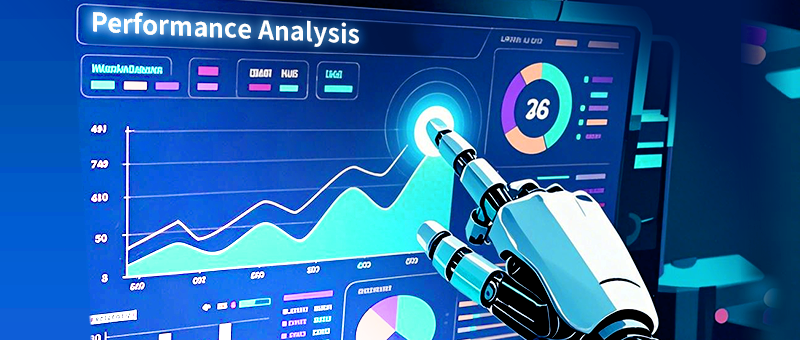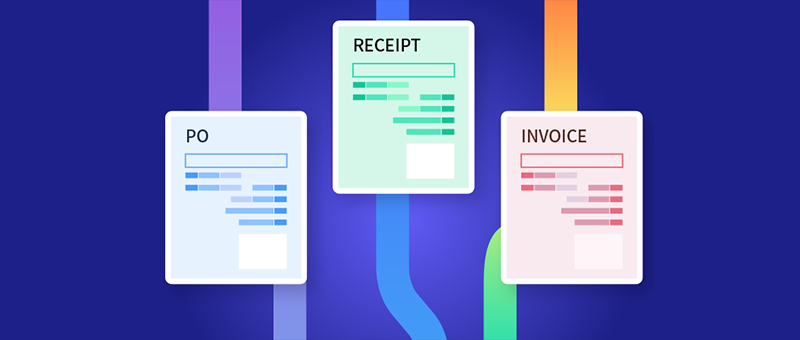-
Automating the reverse auction process, including bidding, offers significant advantages in efficiency, cost reduction, and data-driven decision-making. Automation can streamline the bidding process, reduce human error, and enable faster, more precise responses to market changes. Here's a more detailed breakdown:
Efficiency & speed
Real-time bidding
Automated systems can process bids in real-time, allowing for immediate adjustments to market conditions and competitor behavior.
Reduced manual effort
Automation frees up personnel from the time-consuming task of manually managing bids, allowing them to focus on other strategic tasks.
Faster auction completion
Automated systems can complete auctions more quickly, saving time and resources.



Reverse auction automation
Here's how 8Manage automates reverse auctions:
Setup & configuration
8Manage can automate the creation and configuration of reverse auction events in e-procurement platforms. This includes defining auction rules, setting timelines, defining bid transformation factors (if applicable), and specifying the goods or services being auctioned. It can also handle tasks like inviting suppliers to participate, managing communication, and generating reports.
Real-time bidding & tracking
8Manage can monitor the auction in real-time, tracking bid submissions and displaying them to participating suppliers. It can also be used to update supplier views, ensuring they have access to the latest bidding information.
Post-auction analysis & reporting
8Manage can analyze the auction data, identify the winning bid, and generate detailed reports summarizing the auction outcomes. This data can be used to evaluate the success of the auction and identify areas for improvement.



-
Cost savings
Lower prices
Competitive bidding in automated auctions can drive down prices, potentially saving organizations money.
Reduced labor costs
Automation reduces the need for manual labor, leading to lower personnel costs.
-
Data-driven decision making
Data analysis
Automated systems can collect and analyze data on bidding activity, allowing for informed decision-making and strategy adjustments.
Targeted bidding
Automation can be used to target specific demographics or user segments, maximizing the effectiveness of bidding.
-
Other benefits
Improved transparency
Automated systems can make the bidding process more transparent and fair, building trust among participants.
Increased supplier pool
Automated auctions can attract more suppliers, including those who may not be able to participate in traditional auctions.
Reduced emotional bidding
Automated bidding systems can help bidders avoid emotional decision-making, leading to more rational and cost-effective bids.
In essence, automating the auction process is about leveraging technology to optimize efficiency, reduce costs, and make better decisions based on data, ultimately leading to more successful auctions for both buyers and sellers.






















